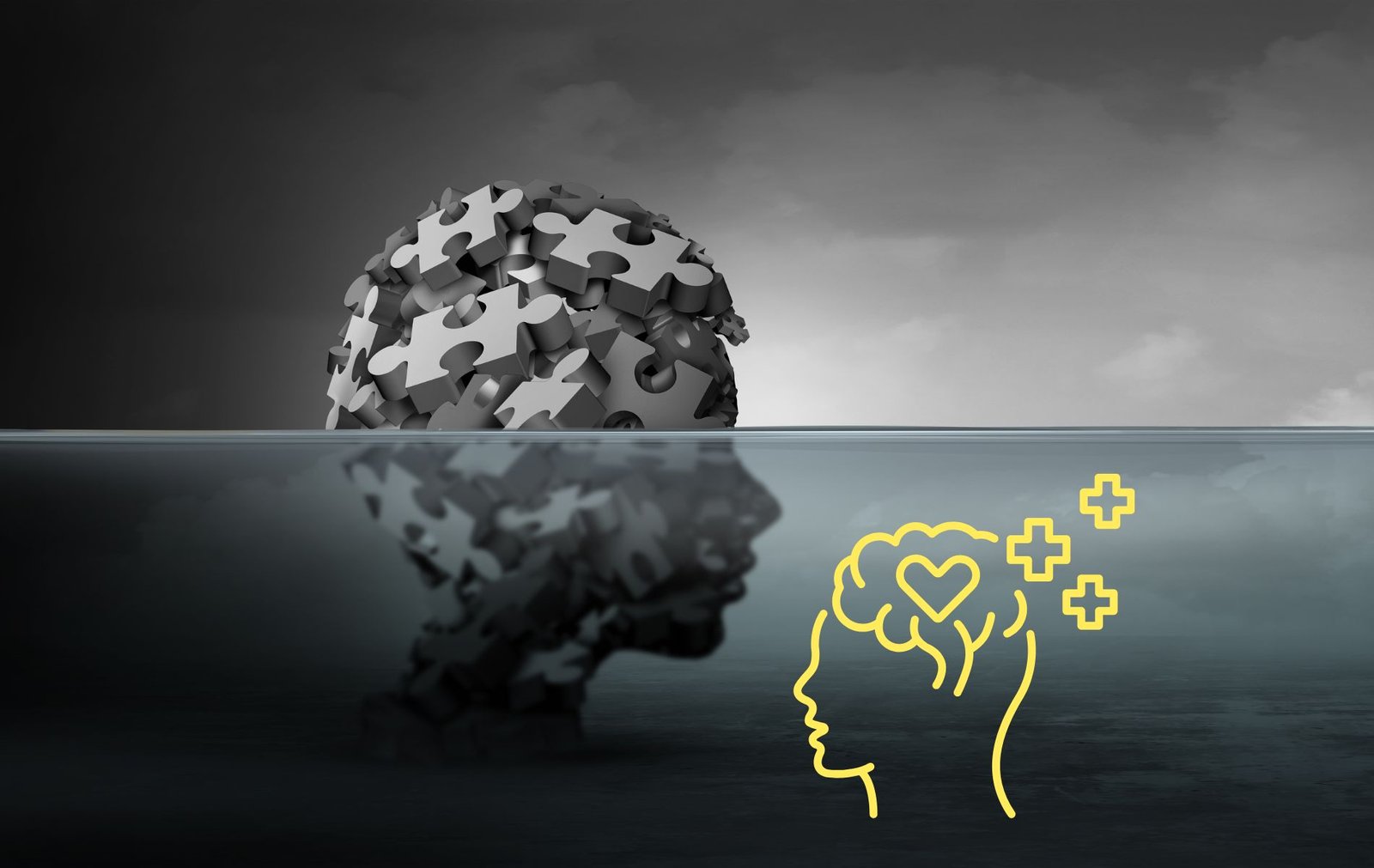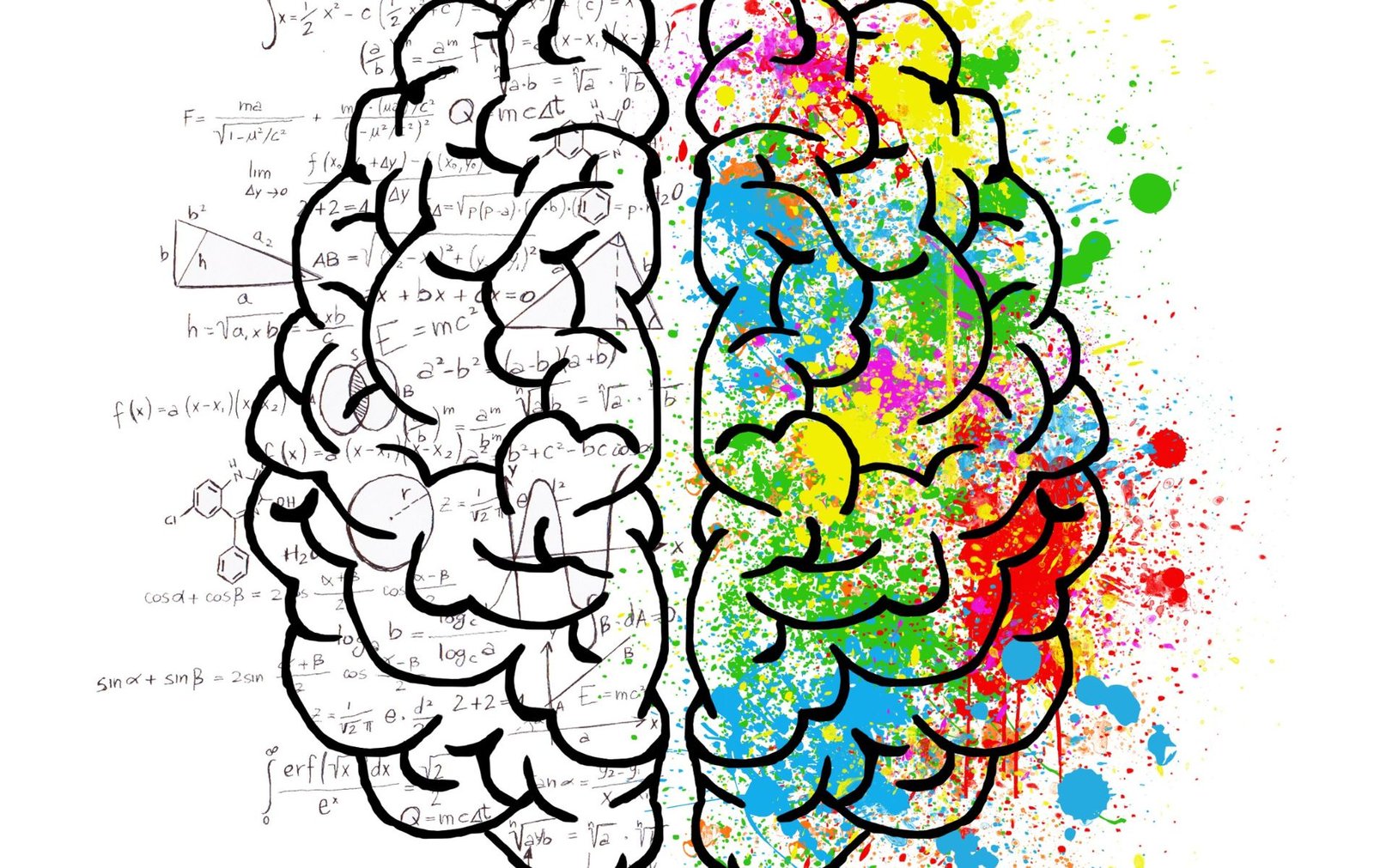Clinical psychology is a specialized field that integrates science, theory, and practice to understand, prevent, and alleviate psychological distress. It's a dynamic field that has evolved significantly over the years, adapting to the changing needs of society.
At its heart, clinical psychology is about helping people. Clinical psychologists work with individuals, couples, families, and groups to address a wide range of mental health concerns, including:

Clinical psychologists play a crucial role in mental health care. Their duties typically involve:
Therapeutic Approaches
Clinical psychologists employ a variety of therapeutic approaches to treat mental health conditions. Some of the most common approaches include:

Research is essential to the field of clinical psychology. It helps to:




